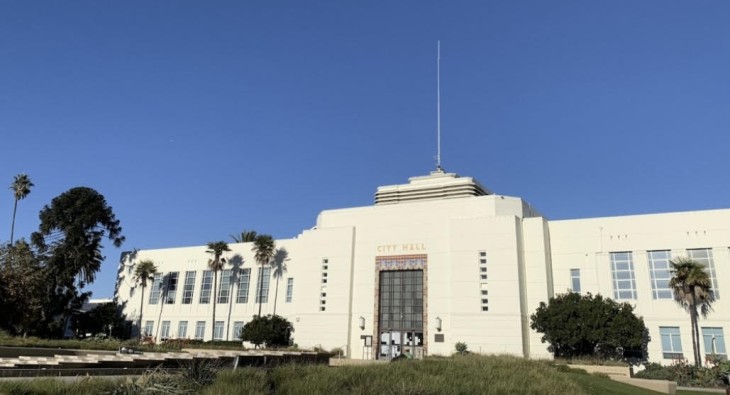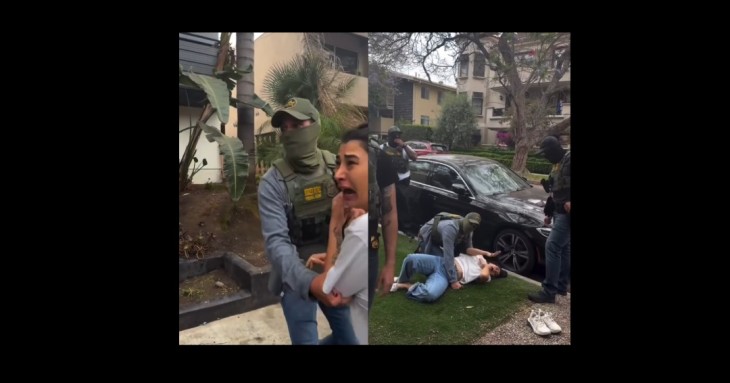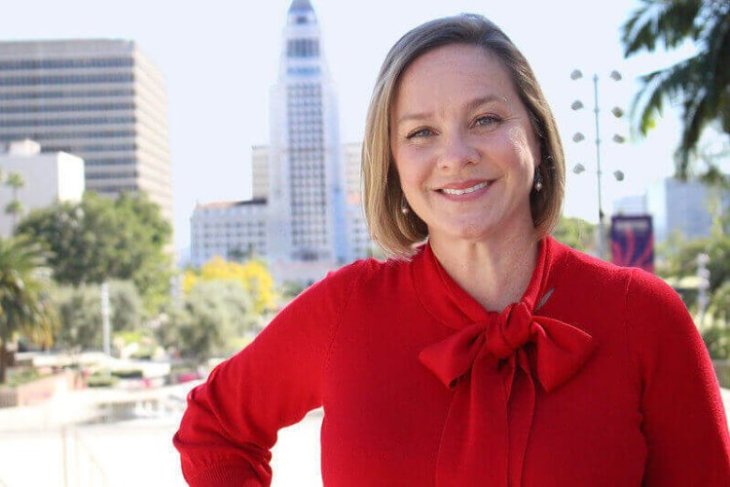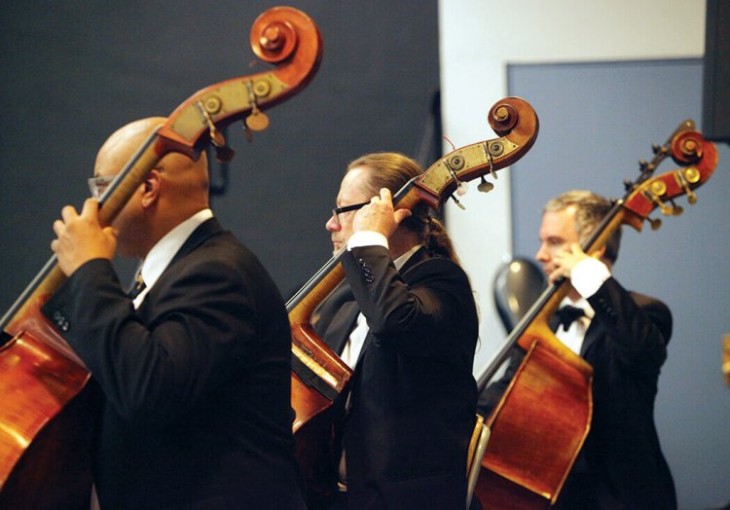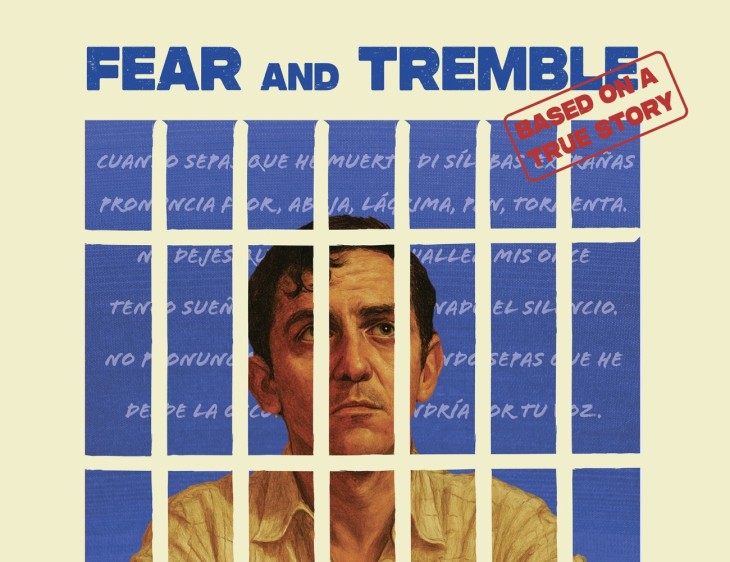The ability for e-cigarette users to vape freely in public has come to an end in Santa Monica with city council passing the first reading of an ordinance that includes electronic smoking devices within the definition of “smoke” and “smoking” for the purposes of the city’s anti-smoking laws.
The ordinance also sees the reclassification of electronic smoking devices as a tobacco product for purposes of the city’s tobacco retailer licensing law.
A unanimous city council vote this week saw the first reading of the ordinance and all city staff recommendations adopted by council, highlighting the importance of the issue.
“If you can break the habit please do it,” commented councilmember Bob Holbrook during council discussion, “to protect your health and eventually the health of others.” As a pharmacist of 50 years, Holbrook said nicotine is one of the most addictive drugs in the world, and its use should be taken very seriously.
Embracing the fact that all public comment during council session was in favor of adopting staff recommendations, councilmember Ted Winterer praised the work and commented that complete concurrence was indeed rare during meetings. After questioning and confirming that vending and self-service machines would be included in the ordinance, he leant his support to the motion.
Councilmember Gleam Davis moved the motion after receiving confirmation from city staff that traditional no-smoking signs depicting tobacco cigarettes, be changed to include e-cigarettes to avoid confusion.
“Publicity is a very important part of any development in the smoking laws so we would certainly intend to do that,” replied City Attorney Adam Radinsky, Head of the Consumer Protection Unit, the department that drafted the proposal.
The motion was seconded by councilmember Tony Vazquez.
There are currently two vapor bars in Santa Monica, Fix Vapor at 2909 Main St. and Vapor Delight at 1855 Lincoln Blvd. They have been grandfathered in and are exempt from the new ordinance, although they will have to comply with the ruling that requires minors be excluded from the lounges. Any successor businesses at those addresses would not be exempt from the ordinance.
“It was necessary to add vaping lounges as a restricted exempted location because California state law permits smoking in tobacco shops and lounges by exempting them from the statewide ban on smoking at indoor workplaces,” city staff stated.
Both vapor bars will have to comply with new ventilation regulations which state that, in order to allow the use of electronic smoking devices, the businesses must have “appropriate ventilation so as not to interfere with neighboring occupants.”
The drafting of the ordinance followed a council direction to city staff on June 24 this year, “to prepare an ordinance to add the use of electronic smoking devices to the definition of smoking under the city’s anti-smoking laws; to add vaping lounges to the places where smoking is prohibited while exempting the two existing vaping lounges in the city; to include electronic smoking devices within the definition of tobacco products under the city’s tobacco retailer licensing laws; and to review other issues related to electronic smoking devices for possible regulation”.
The new ordinance will bring electronic smoking devices within the definition of “smoking” for purposes of the city’s restrictions on smoking in specified locations. It also adds a new location where smoking, which now includes “vaping,” is prohibited: vaping lounges.
Council directed staff to consider three additional issues when drafting the ordinance in the context of regulating electronic smoking devices: proximity to schools, ventilation, and potential proliferation of vaping lounges.
Council staff found that as the proposed ordinance will restrict the locations where electronic smoking devices can be consumed, it might result in modestly increased enforcement activity in locations where smoking is already prohibited.
“Adopting this ordinance will result in marginal additional costs for outreach and communication,” city staff stated. “The City Attorney’s Office, and any other departments conducting outreach, will cover these costs within existing budgets.”






